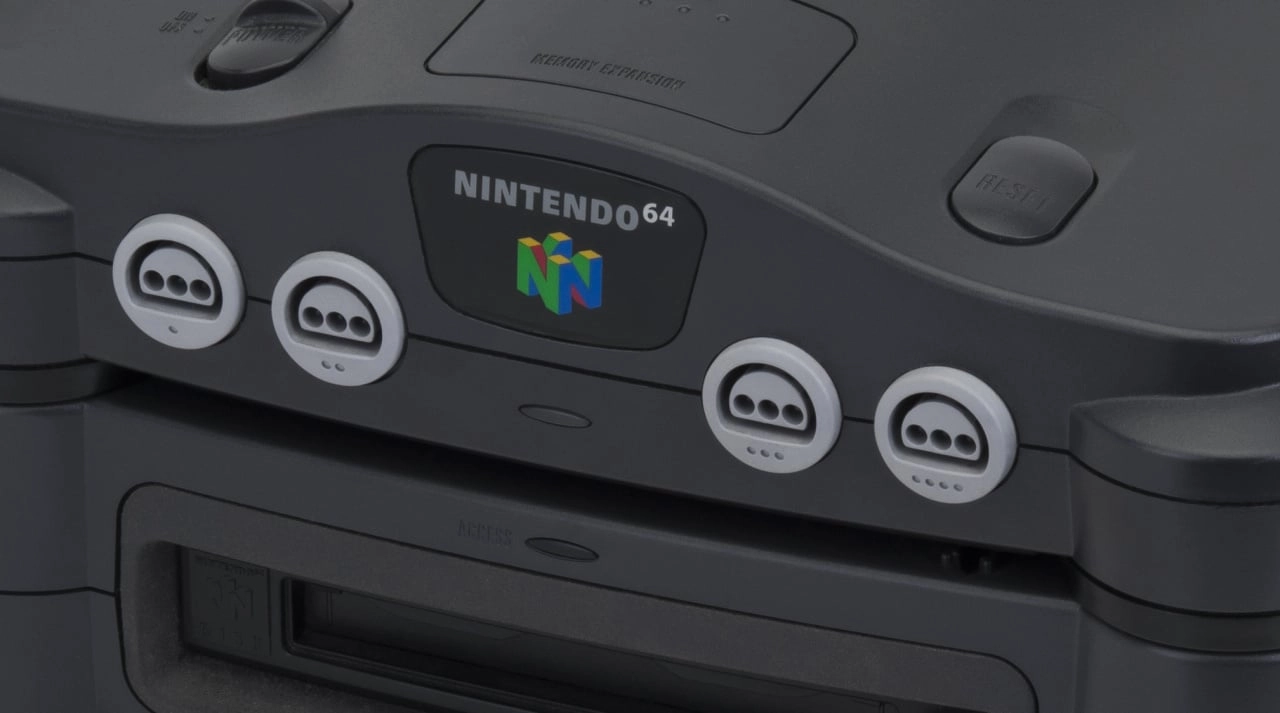
In the late '90s, the world of video games was evolving rapidly, with new technologies and gameplay concepts continually redefining what players expected from their gaming experiences. At the forefront of this transformation was Nintendo, a company consistently driving innovation in the industry. At the time, Hiroshi Yamauchi, the president of Nintendo, was a pivotal figure with a clear vision for the company's future, especially regarding the anticipated Nintendo 64 Disk Drive (64DD) - a magnetic disk-based peripheral for the Nintendo 64.
During a press conference at Spaceworld in November 1997, Yamauchi highlighted significant concerns and opportunities facing the video game market. He spoke of the Japanese domestic video game market showing signs of fatigue and emphasized the need for enhanced game quality to reignite consumer interest. To tackle this challenge, Yamauchi believed that video games should incorporate four key elements: training, trading, collecting, and add-ons. This philosophy indicated a departure from standalone experiences, advocating for more interconnected and extended gameplay experiences.
While 'training' had become popular through titles like Pokémon and Tamagotchi, Yamauchi stressed the necessity of broadening the concept beyond existing paradigms. 'Trading' and 'collecting' were exemplified by the Pokémon series, where the social aspects of gaming enhanced the overall experience. 'Add-ons' talked about the integration of new characters and data which could prolong the enjoyment of a game, an aspect central to the functionalities provided by the 64DD.
The link between video games and other products, as seen in the craze for Pokémon cards, was mentioned as a critical driver for market revitalization. By fostering new forms of interaction between different types of entertainment, Yamauchi believed that synergy could restore the market's vibrancy.
Yamauchi also addressed the N64DD's delayed release during the conference. Originally set for February 1998, it was postponed to June due to software development delays. Unfortunately, further setbacks meant that the 64DD would not release until December 1999, far beyond its intended launch date.
One of the intriguing projects associated with the 64DD was a lost pet breeding/raising game created by Shigesato Itoi, famous for the Mother series. Nicknamed Cabbage, the project aimed to use the 64DD's real-time clock and offered connectivity with the Game Boy. Although Cabbage never saw the light of day, it is believed to have influenced future Nintendo games like Animal Crossing and Nintendogs. Yamauchi himself acknowledged the originality of this project and Itoi's intention to chart a new course in game development.
Another missed opportunity involved the 64DD version of Pokémon Stadium and a game named Derby Stallion. These games were expected to demonstrate unique ways to leverage the connectivity between the Nintendo 64, the 64DD, and the Game Boy, illustrating new gameplay innovations. Players were to use the Game Boy for portable gaming then connect back to the 64DD at home for an enhanced experience. Unfortunately, like Cabbage, the Derby Stallion proposal for the 64DD was ultimately abandoned, and the game was converted into a standard Nintendo 64 release in 2001.
The insights from this 1997 keynote speech resonate in many ways with the current trends in the video industry. Especially significant is the foresight regarding the role of connectivity, expansions, and social interactions in gaming – elements that are now commonplace. Nintendo's approach to developing versatile gaming experiences has been a significant aspect of their success, creating an enduring legacy that continues to impact modern gaming.
As we look back on Yamauchi's words, we are reminded of the journey the video game industry has taken. While the 64DD itself did not achieve widespread success, partly due to its limited release and the arrival of more advanced technologies, the principles and ideas it embodied helped shape future products and innovations. Nintendo's commitment to exploring new avenues in gaming ensured that even their unfulfilled projects contributed to the broader narrative of video game evolution. Sharing these excerpts from the past provides valuable context for the ever-changing tapestry of this dynamic industry, offering a glimpse into the thought processes of one of gaming's most influential leaders during a pivotal period.
You must be logged in to post a comment!